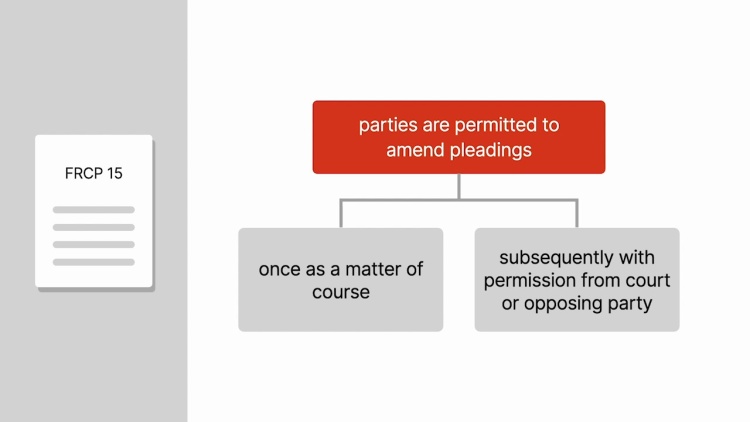CompuServe Inc. v. Saperstein
United States Court of Appeals for the Sixth Circuit
172 F.3d 47 (Table), 1999 WL 16481 (1999)
- Written by DeAnna Swearingen, LLM
Facts
Jerry Saperstein (defendant) is the only shareholder of FontBank, Inc. (FontBank). Saperstein, acting pro se, sued CompuServe (plaintiff) in state court for breach of a contract with FontBank. Compuserve sued Saperstein and FontBank for tortious business practices and violations of Ohio law and sought a declaratory judgment in federal court. Saperstein counterclaimed for defamation, business torts, and business practice violations under Ohio and Illinois law. Saperstein’s claims were conclusory in nature, and CompuServe moved for a more definite statement on two of Saperstein’s four counterclaims. Saperstein filed an amended answer, adding names and a statement asserting that he had been unable to identify defamatory statements due to CompuServe’s failure to answer interrogatories and produce documents. Next, Saperstein refiled the amended answer with six additional counterclaims, though he did not request permission from the court under Federal Rule of Civil Procedure (FRCP) 15(a). The judge held a pretrial conference. Without giving Saperstein leave to amend, the judge granted CompuServe’s motion to strike Saperstein’s six new counterclaims and sua sponte dismissed all of Saperstein’s remaining claims without prejudice. The judge asserted that Saperstein had failed to provide a more definite statement despite amending his answer twice. CompuServe moved to dismiss its federal action without prejudice, which was denied. The court granted its subsequent motion to dismiss with prejudice. Saperstein appealed the dismissal of all claims.
Rule of Law
Issue
Holding and Reasoning (Moore, J.)
What to do next…
Here's why 907,000 law students have relied on our case briefs:
- Written by law professors and practitioners, not other law students. 47,100 briefs, keyed to 996 casebooks. Top-notch customer support.
- The right amount of information, includes the facts, issues, rule of law, holding and reasoning, and any concurrences and dissents.
- Access in your classes, works on your mobile and tablet. Massive library of related video lessons and high quality multiple-choice questions.
- Easy to use, uniform format for every case brief. Written in plain English, not in legalese. Our briefs summarize and simplify; they don’t just repeat the court’s language.





